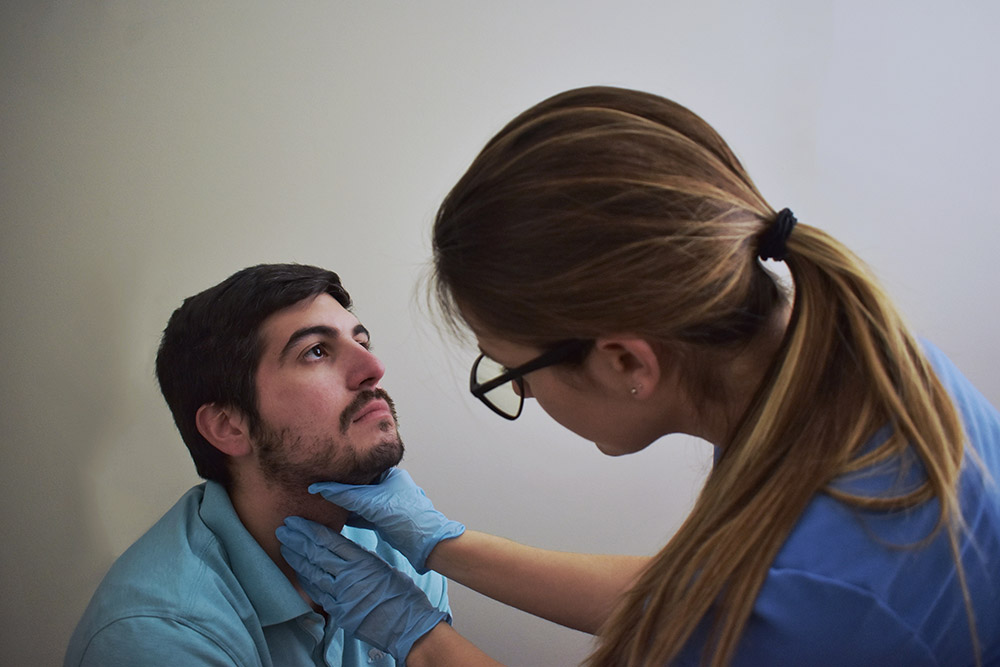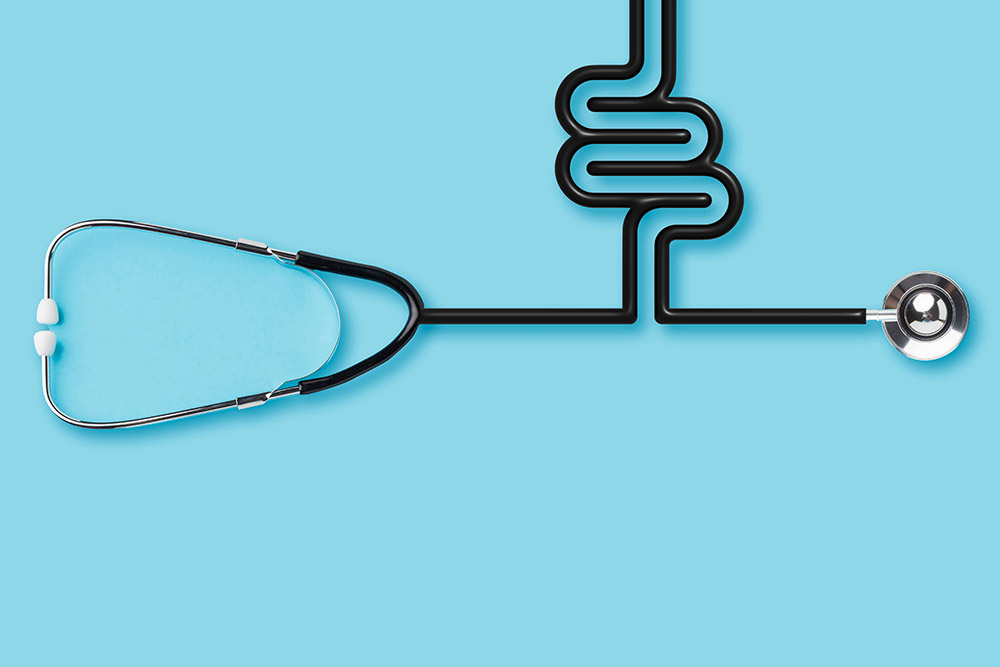What Is Thrush?
Thrush, or oral candidiasis (ICD-10 B37.0), is a yeast infection in the mouth. It appears as white, creamy patches on the tongue, cheeks, gums or roof of the mouth. While common in infants, it can affect anyone-especially those with a weakened immune system.
Common Causes and Risk Factors
- Antibiotic use, which disrupts the balance of mouth bacteria and yeast
- Weakened immunity from diabetes, illness or certain medical treatments
- Wearing dentures that aren't cleaned daily
- Dry mouth caused by medications or underlying health conditions
- Infants exposed via bottles, pacifiers or antibiotic courses
Signs and Symptoms
- White, creamy patches on the tongue, inner cheeks, gums or roof of the mouth
- Redness or soreness under and around the patches
- Pain or a burning sensation in the mouth
- Cracks or sores at the corners of the mouth
- Difficulty feeding or swallowing-most notable in babies
Expert Treatment for Thrush by Dr. Bharat Pothuri
Step 1: Oral Examination
At GastroDoxs in Houston, Dr. Pothuri starts with a gentle oral exam to look for the classic white patches associated with thrush.
Step 2: Mouth Swab (if needed)
If needed, he takes a mouth swab to confirm the presence of Candida yeast and to rule out other infections.
Frequently Asked Questions
How do babies get thrush?
Yeast naturally lives in the mouth, but a baby's developing immune system or antibiotic use can allow it to overgrow.
What causes thrush in babies?
Common triggers include unclean bottles or pacifiers and antibiotics that alter the mouth's microbial balance.
Can adults get oral thrush?
Yes. Adults with dry mouth, dentures, diabetes, or those using inhaled steroids are at higher risk.
How long does thrush treatment take?
With proper antifungal medication and good oral hygiene, most cases improve within 7 to 14 days.
Is thrush contagious?
It's not usually spread between adults, but caregivers should disinfect baby bottles and wash hands to prevent transmission to infants.
When should I see a doctor?
If symptoms persist beyond one week, cause significant pain, or interfere with eating or swallowing, schedule an appointment.
What is the ICD-10 code for oral thrush?
The ICD-10 code for oral candidiasis (thrush) is B37.0.












